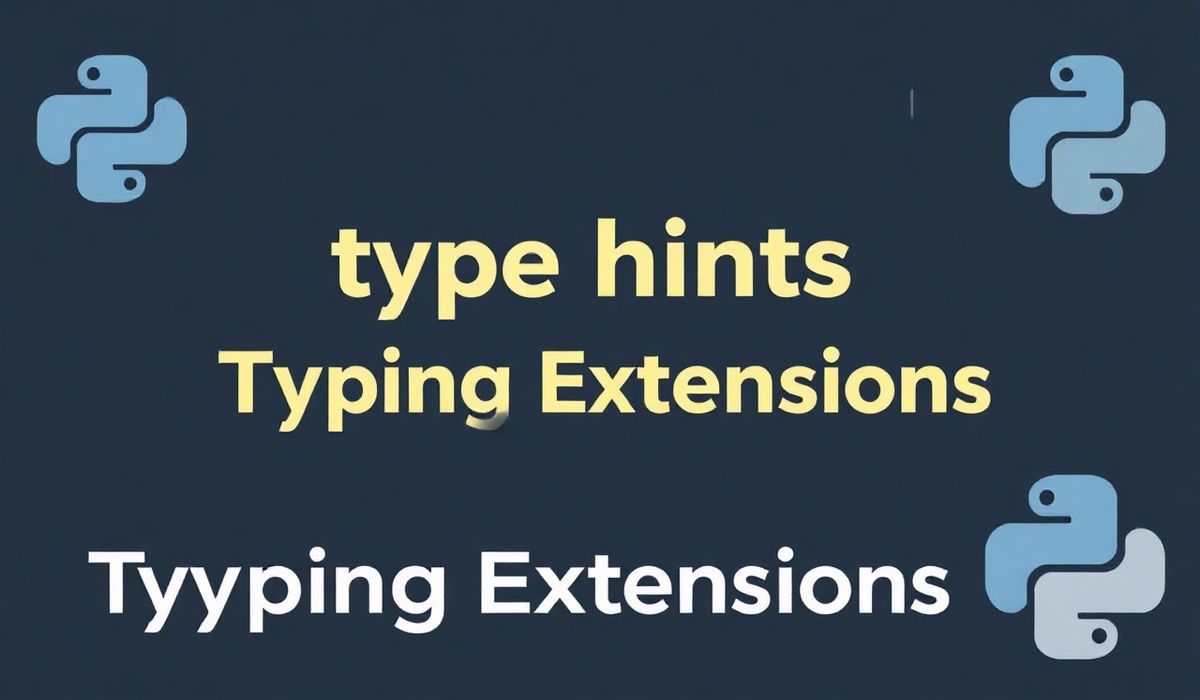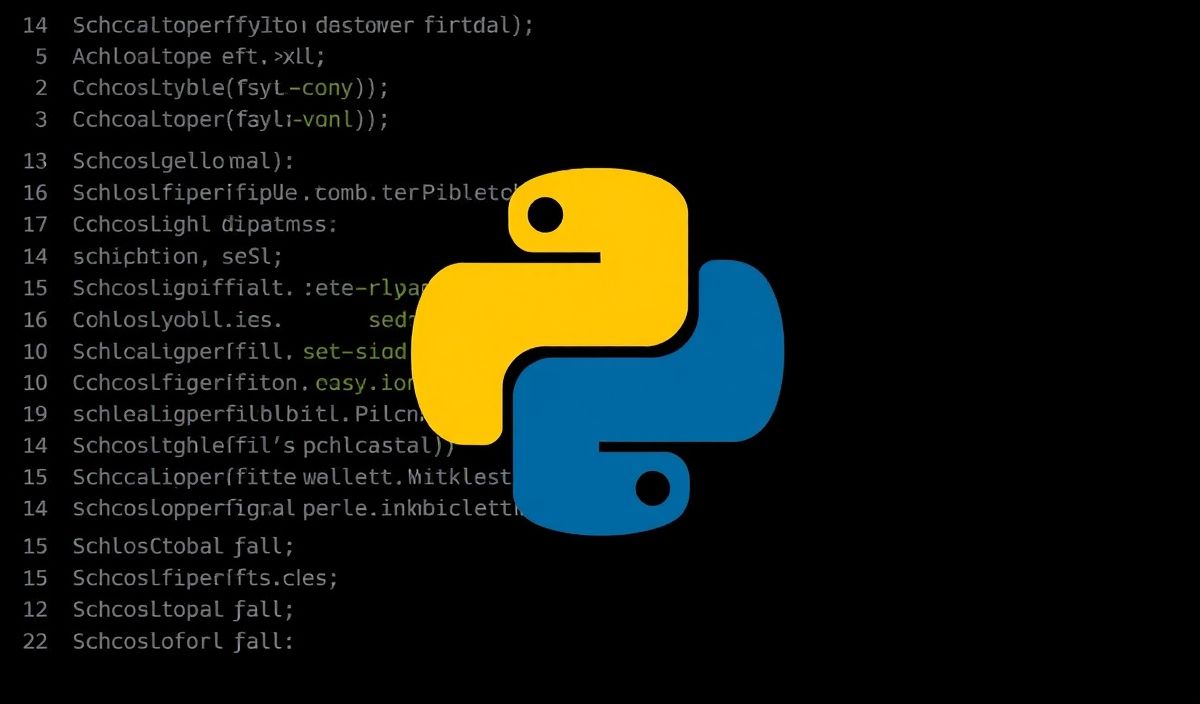In the ever-evolving world of Python programming, type hints have emerged as a cornerstone of writing clean, maintainable, and error-free code. While Python’s standard library offers a robust foundation for type hints, the typing-extensions package unlocks a treasure trove of advanced type hinting capabilities that are not yet available in Python’s built-in typing module. In this blog post, we delve into the basics and advanced features of typing-extensions with practical examples, culminating in a real-world app demo.
What is typing-extensions?
The typing-extensions library serves as a bridge between the latest standard type hinting features introduced in Python and older Python versions. It enables Python developers to leverage advanced type hint capabilities without requiring the latest Python version. Let’s dive into the incredible features and APIs it offers.
Core Features of typing-extensions
Below are several APIs provided by typing-extensions, complete with examples:
1. TypedDict
TypedDict gives you the ability to create dictionaries with a fixed schema.
from typing_extensions import TypedDict
class Movie(TypedDict):
title: str
year: int
def print_movie_details(movie: Movie):
print(f"Title: {movie['title']}, Year: {movie['year']}")
movie_data = {"title": "Inception", "year": 2010}
print_movie_details(movie_data)
2. Literal
Use Literal for specifying that a value must be one of a predefined set of constants.
from typing_extensions import Literal
def get_access_level(role: Literal["admin", "user", "guest"]) -> str:
if role == "admin":
return "Full access"
elif role == "user":
return "Limited access"
else:
return "Guest access"
print(get_access_level("admin"))
3. Concatenate
Perfect for creating variadic generics and working with callable types.
from typing import Callable
from typing_extensions import Concatenate, ParamSpec
P = ParamSpec("P")
def log_and_call(func: Callable[Concatenate[str, P], None]) -> Callable[P, None]:
def wrapper(*args: P.args, **kwargs: P.kwargs):
print("Calling with args:", args, kwargs)
func("LOGGED", *args, **kwargs)
return wrapper
@log_and_call
def greet(prefix: str, name: str):
print(prefix, name)
greet("John")
4. Annotated
Add metadata to type hints using Annotated.
from typing_extensions import Annotated
def process_data(data: Annotated[int, "Must be a positive integer"]):
if data > 0:
print("Processing:", data)
else:
print("Invalid data")
process_data(42)
5. Self
For making class methods type-safe, especially in chained calls.
from typing_extensions import Self
class Builder:
def add(self, value: str) -> Self:
print(f"Adding: {value}")
return self
def build(self) -> str:
return "Build complete"
builder = Builder()
builder.add("part1").add("part2").build()
Real-World Application Example
To see these APIs in action, let’s create a simple user management app using some of the APIs we’ve discussed.
from typing_extensions import TypedDict, Literal, Self
# Define user schema
class User(TypedDict):
id: int
name: str
role: Literal["admin", "user", "guest"]
class UserManager:
def __init__(self):
self.users: list[User] = []
def add_user(self, user: User) -> Self:
self.users.append(user)
return self
def get_user(self, user_id: int) -> User:
for user in self.users:
if user["id"] == user_id:
return user
raise ValueError("User not found")
# Create an instance of UserManager
manager = UserManager()
# Add users
manager.add_user({"id": 1, "name": "Alice", "role": "admin"})
manager.add_user({"id": 2, "name": "Bob", "role": "user"})
# Fetch and display user
user = manager.get_user(1)
print(f"User: {user['name']}, Role: {user['role']}")
Conclusion
As we’ve seen, typing-extensions empowers Python developers with advanced type hinting capabilities that enhance readability, enforce stricter type-checking, and future-proof your codebase. From TypedDict to Concatenate, the APIs add incredible flexibility and expressive power to Python’s typing ecosystem. Start leveraging these tools in your projects today to save time, avoid bugs, and improve code maintainability!




